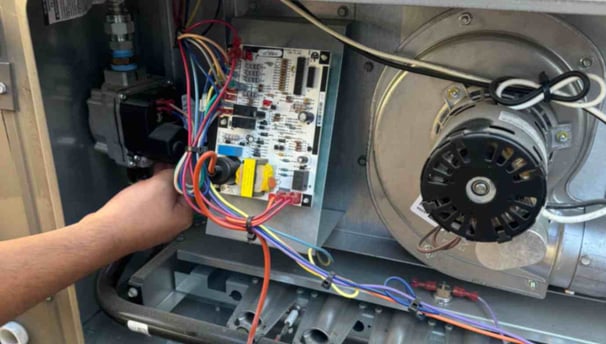

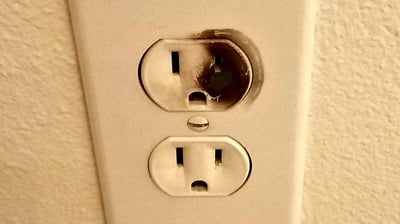

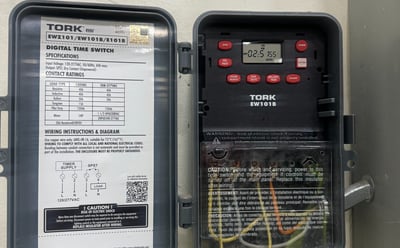

Prompt and reliable electrical repairs for all your needs. Our skilled technicians ensure efficient solutions and safe electrical systems.
Residential Electrical Repair Services
Reliable residential electrical repairs for a safe and functional home. Trust our experts for prompt solutions.
Commercial Electrical Repair Services
Efficient commercial electrical repairs for minimal downtime. Trust our experienced team to keep your business running smoothly.
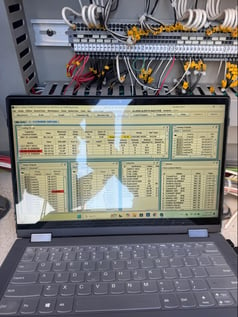

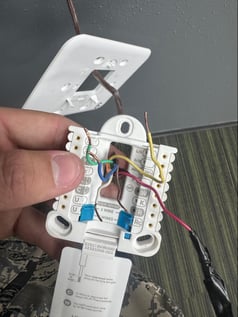
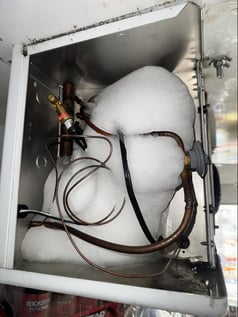




Need HVAC-R Help Now?
Texas heat got you down? We're ready with rapid HVAC-R repair & maintenance, day or night. Expert technicians, guaranteed quality. Call Now!
HVAC-R Repair
24/7 HVAC
Emergency Repair
Dallas HVAC
Fast, Reliable Service 24/7
Electrical Repair Services
AC Maintenance
Refrigeration Service
HVAC Technicians
Fast HVAC
Surge Protection




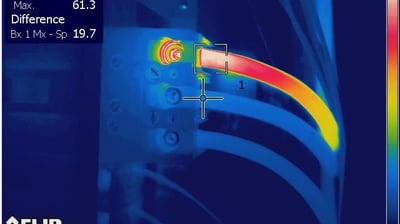

Safeguard your electronics with surge protection. Our reliable solutions protect your valuable equipment from power surges, ensuring their longevity and preventing potential damage.
Preventive Electrical Maintenance
Ensure the longevity and optimal performance of your electrical systems with our regular maintenance services. Our skilled technicians provide routine inspections, cleaning, and upkeep to keep your systems running smoothly and minimize the risk of unexpected breakdown.
Thermography Services - IR Scanning
Utilize our advanced IR scanning and thermography services to detect hidden electrical issues. Our precise and non-invasive inspections help identify potential problems before they escalate, ensuring the safety and efficiency of your electrical systems.
24/7 Electrical Service
We are a trusted electrical and HVAC-R service provider, dedicated to delivering reliable solutions to Dallas, Texas, 24/7. Your comfort is our priority.


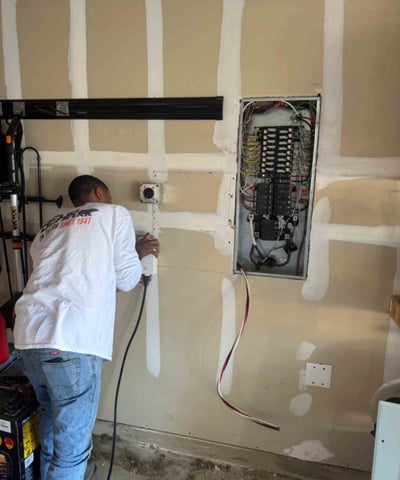



You are valued here
Our organization takes pride in providing top-notch services delivered by licensed and highly skilled electricians. We prioritize our clients’ safety and well-being and have received accreditation and certifications from authorized organizations to ensure that our safety protocol is always up to standard.
Our services are available exclusively in the Dallas/Kaufman County area and its surroundings, which covers roughly a 30 to 50 mile radius surrounding each city. Our commitment to prompt and effective service delivery is unmatched in the industry, and we cater to our clients’ specific needs with precision and expertise.
We are confident in our ability to deliver impeccable services and guarantee our clients’ satisfaction at all times.
About Us
Your satisfaction comes first
Expert Electrical Services
Reliable solutions for your electrical and HVAC-R needs, available 24/7 in Dallas, TX.
Residential Services
Comprehensive electrical solutions for homes, ensuring safety, efficiency, and comfort for your family.
Commercial Services
Tailored electrical and HVAC-R services designed to meet the unique needs of your business.
Our Partner Brands
Discover what our clients think about our service
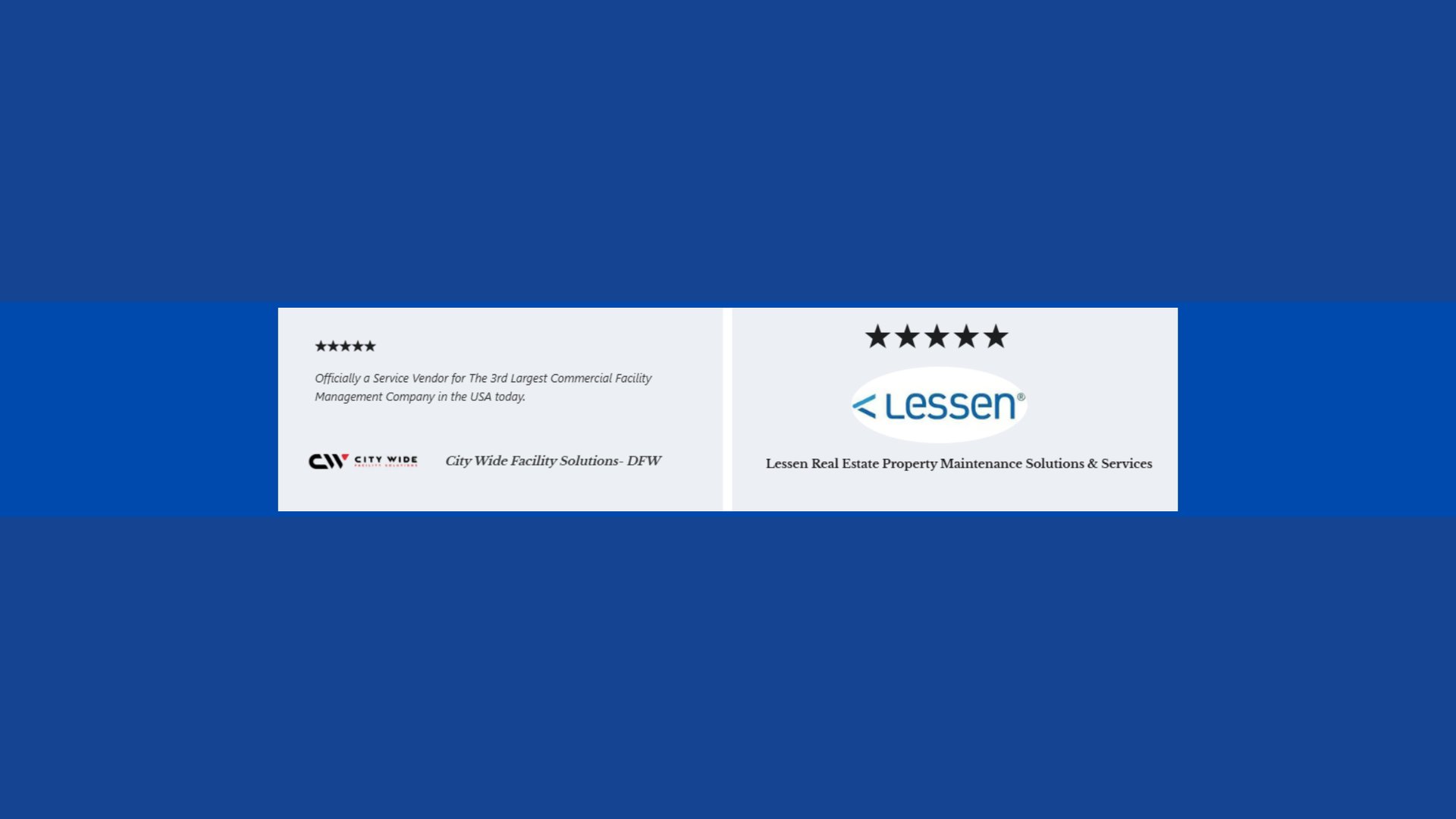

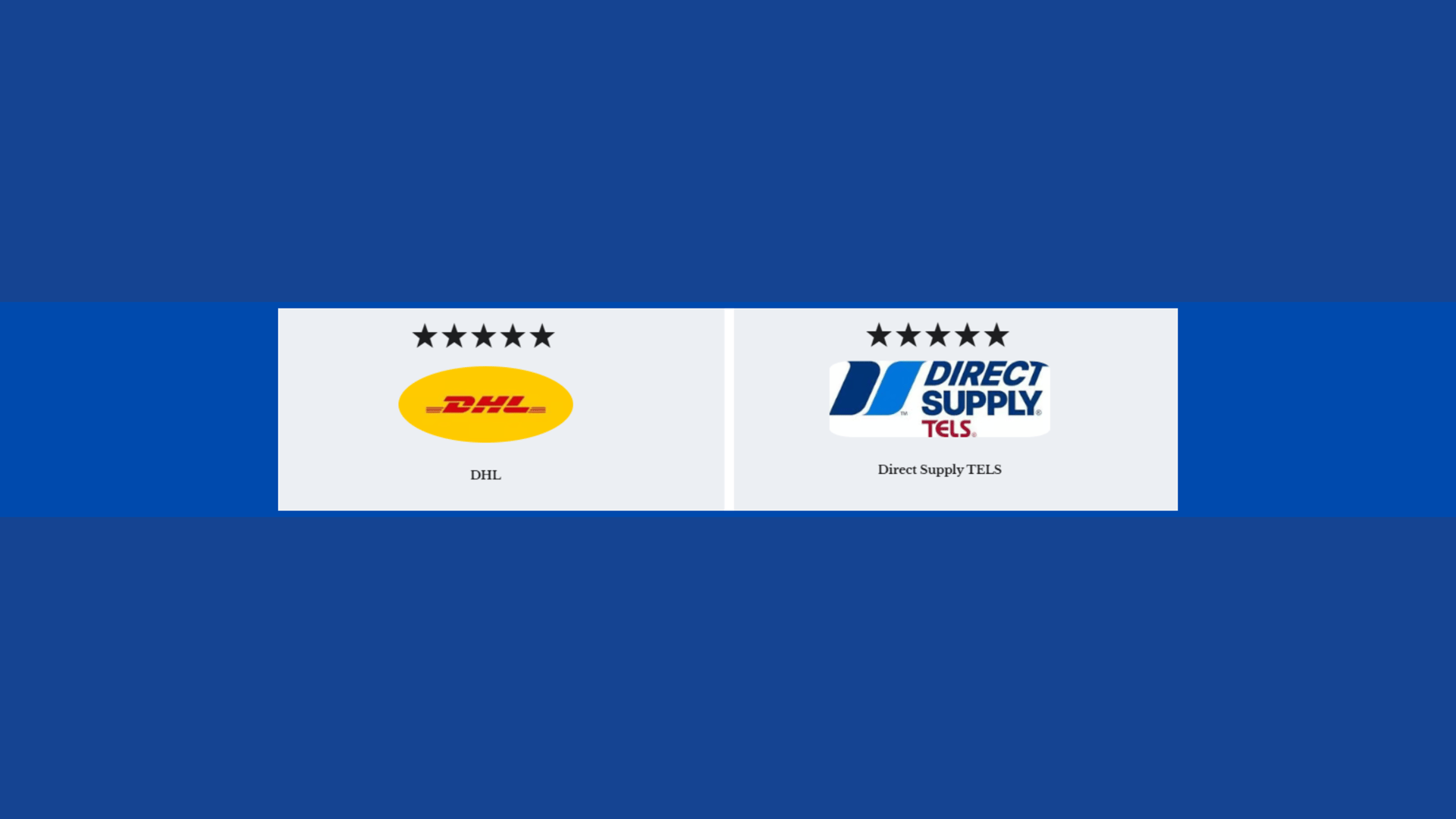
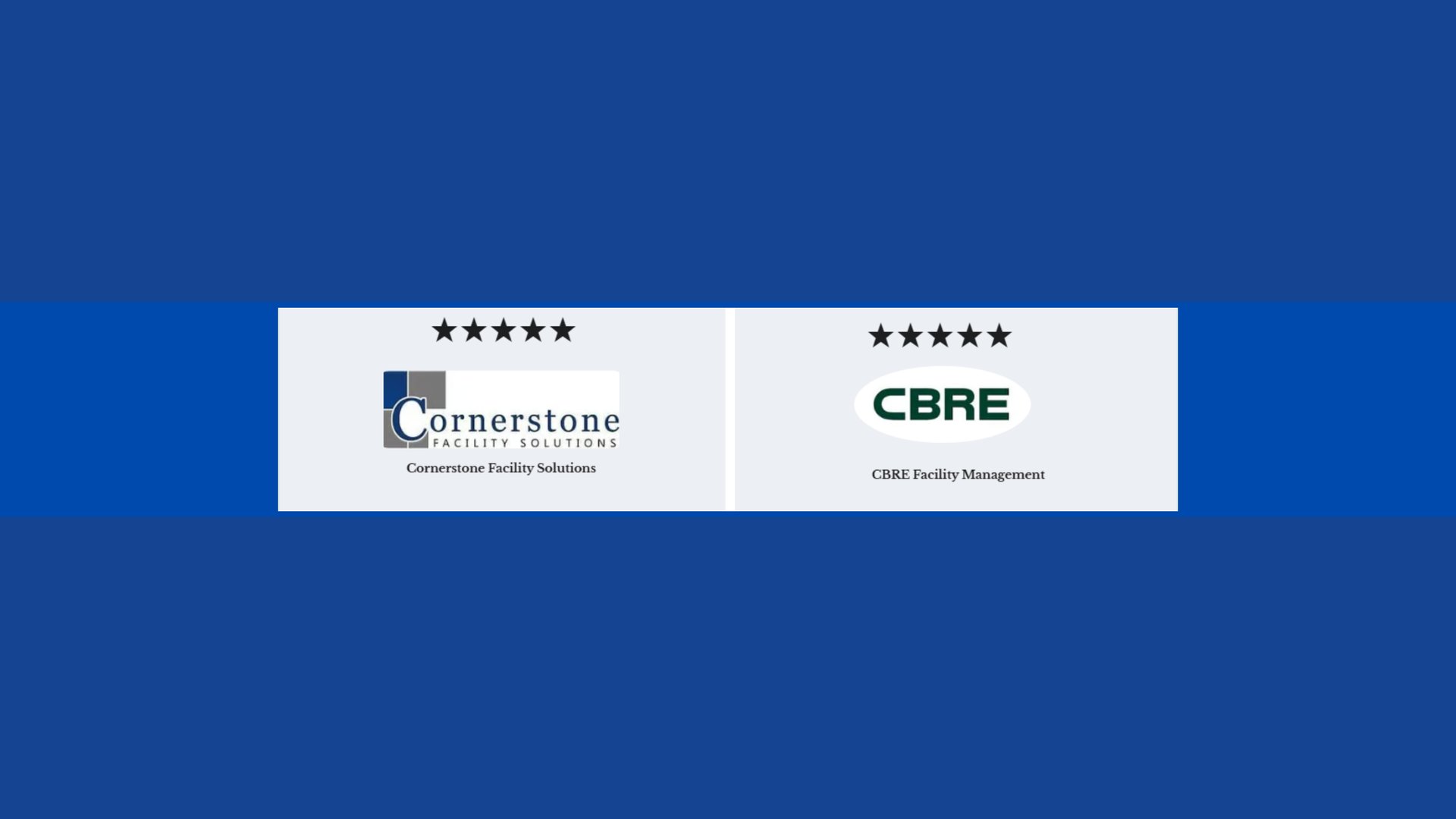
Manufactures we work with
Explore our trusted suppliers showcasing quality products and services.






Get In Touch With Us
Schedule an appointment with us by calling our phone number or filling out our online contact form.
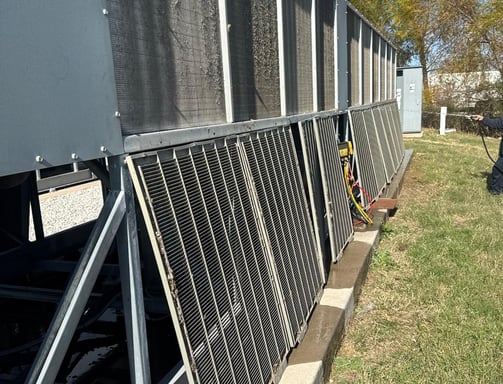

Services
Trusted Electrical and HVAC-R solutions in Dallas.
GET IN TOUCH
About
service@alltapz.com
945-360-9472
© Developed by Nik's Consulting 2024. All rights reserved.
---------

